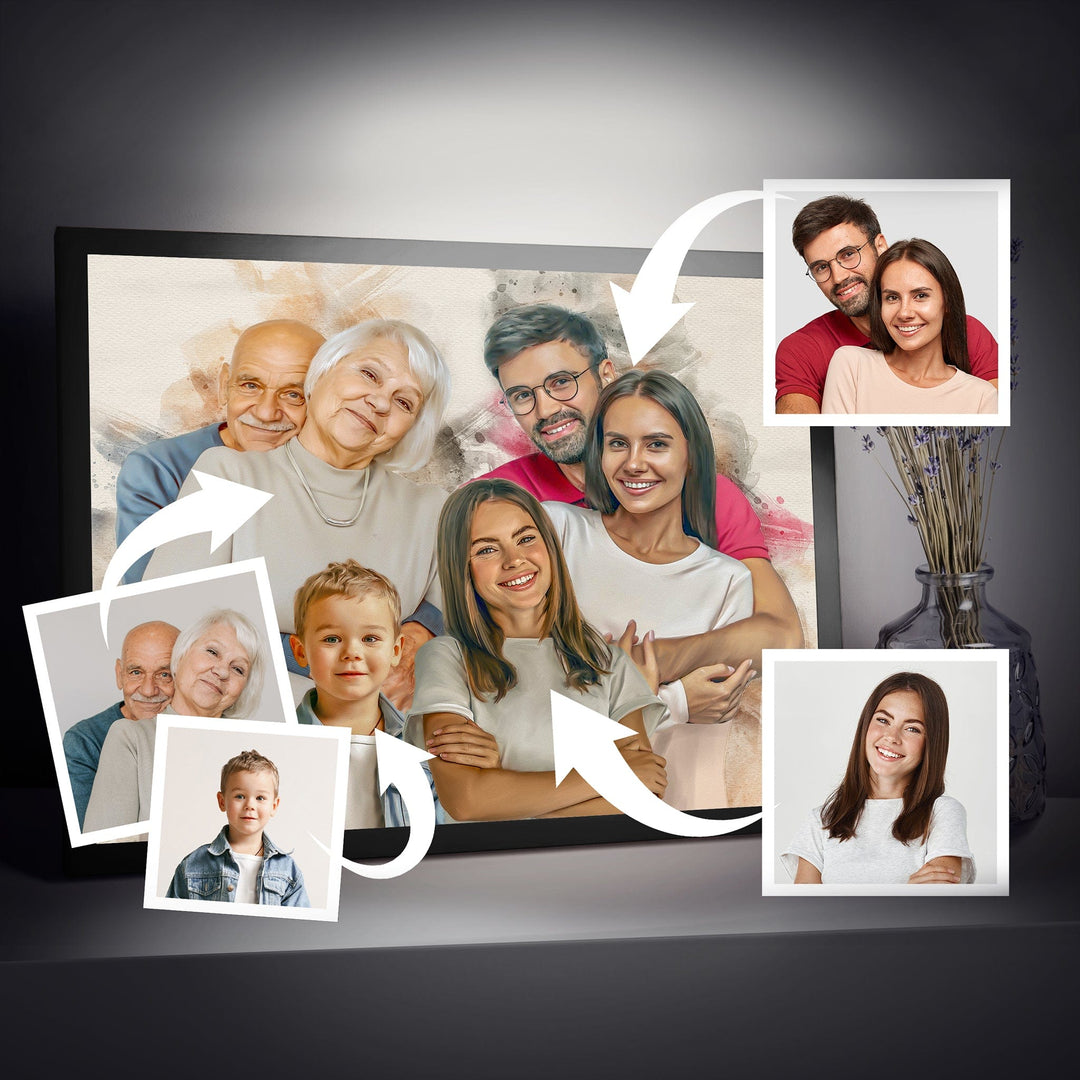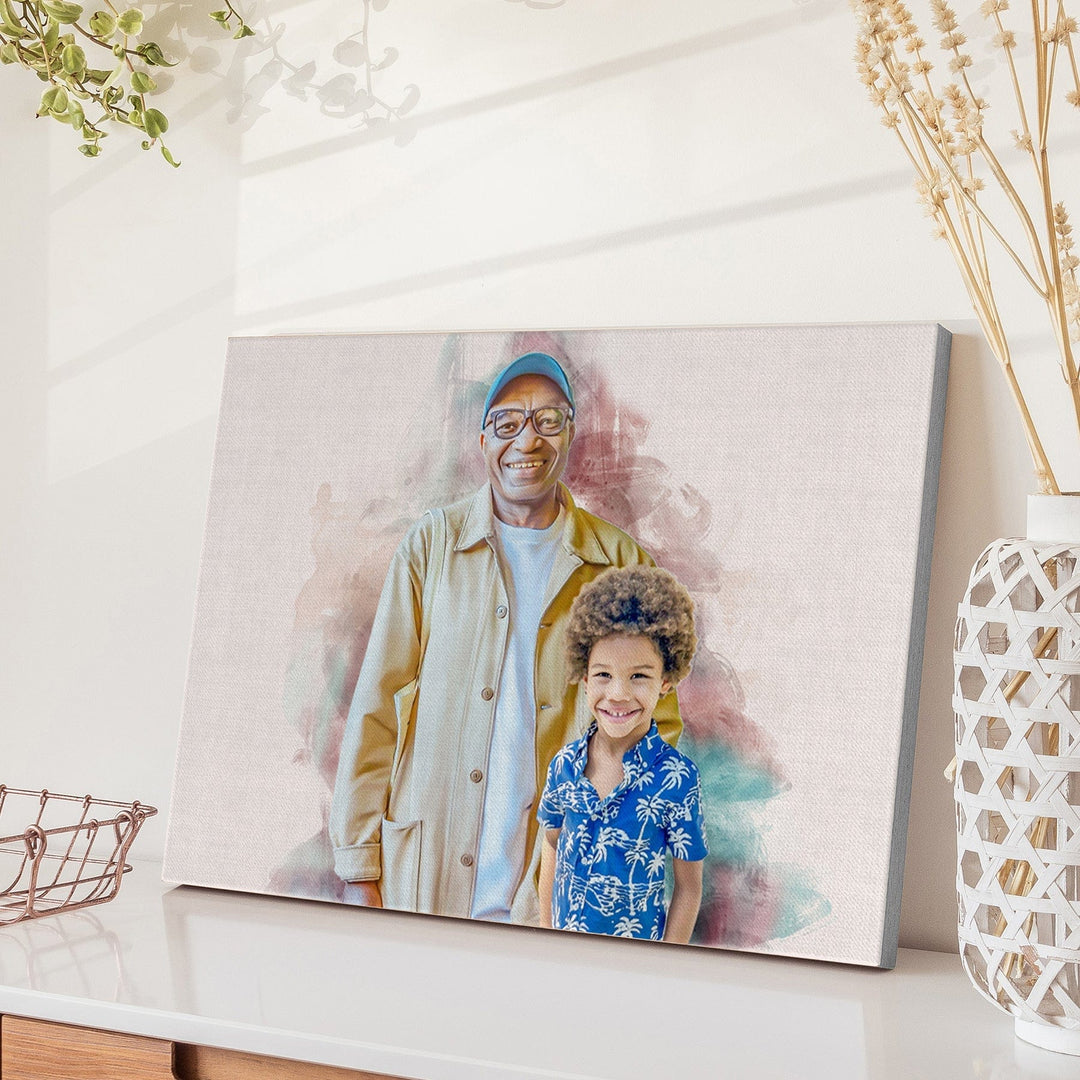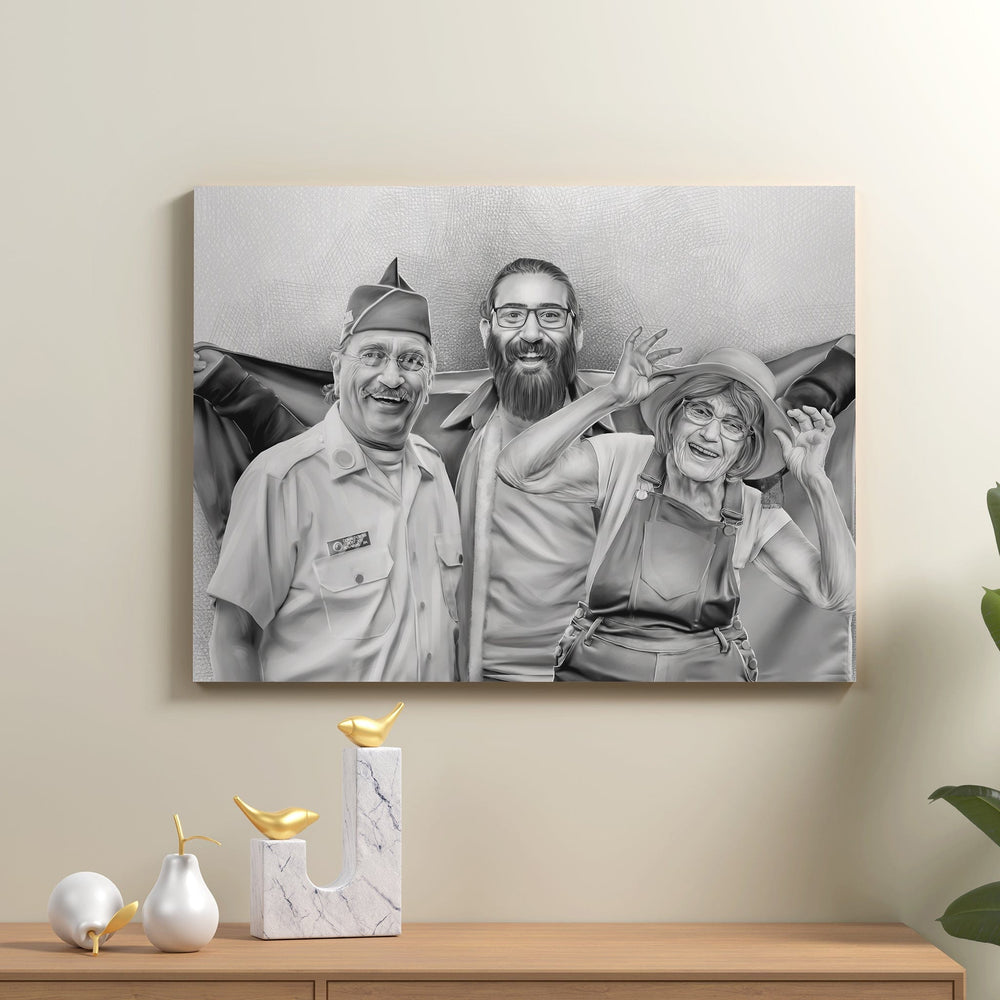A Comprehensive Guide on Different Types of Grief

Grief comes in many forms. Everyone experiences it differently, and there is no single right or wrong way to grieve. No specific time can also dictate how long a person grieves. With that, if you or someone you know is grieving, it can be helpful to understand the different types of grief.
This guide will provide an overview of the most common types of grief and signs of grieving. It is by no means exhaustive, but it should give you a good starting point to explore further resources on grief and healing. So, if you're curious about what type of grief you or someone you know might be experiencing, keep reading!
How Exactly Does Grief Affect Different People?
Grief can affect people in different ways. For one, the grieving process can affect feelings and thoughts. During this period of time, a person might feel a range of emotions, including anger, sadness, regret, or even regret. Normal grief responses also include thinking about a loved person who passed away.
Besides these, grief can also affect a person physically. Some common physical manifestations include loss of appetite and difficulty sleeping. In other cases, other people might even pick up unhealthy coping mechanisms that change their normal functioning.
What Are the Reasons Why People Go Through Grief?
There are numerous reasons behind feelings of grief. While the experience of grief is usually associated with what a person feels when they lose a loved one (referred to as "primary loss"), there are other ways a person might experience this.
To easily understand, these common reasons could be categorized into four:
- Loss of identity - Whenever a person loses their identity or something they can identify with, they experience a sense of grief for the person they no longer are. This could include their identity in a particular relationship, role, or how they view themselves. For example, a person who went through a divorce might grieve who they were as a spouse.
- Loss of control - Another reason some people go through grief is when they lose a sense of independence or the ability to control their own lives. For example, a person with a degenerative illness or certain injury might be incapable of doing daily activities that they used to do.
- Loss of personal goals - There are also feelings of loss associated with not fulfilling a vision or hope for the future. For example, a person who couldn't make it to their dream university can experience this type of loss.
- Loss of safety - Everyone wants to feel safe physically and emotionally. When this is taken away through different situations (like losing a house to a fire or prized possessions through a robbery), people grieve this lost sense of safety.
What Does Grief Actually Mean for People?
Grief is a natural reaction to losing someone or something. However, the emotional responses that come with grief and the duration of grief vary from person to person. This means that there's no singular way that someone goes through this challenging time.
7 Different Types of Grief That People Go Through
While there are various forms of grief that people can experience, here are some of the most common types that individuals go through:
Normal Grief
Contrary to what it's called, there isn't a clear definition of "normal grief." However, this type of grief can best be described as a form of grief where a grieving individual works their way through the process and towards a degree of acceptance. Those who experience this type of grief can go through their day-to-day activities.
Anticipatory Grief
As the name suggests, anticipatory grief is the response that happens when a person knows what's coming. For example, a person might mourn the loss of a close friend suffering from a terminal illness. Anticipatory grief often makes it hard for people to go through the time they have left with their loved ones, which is why people are encouraged to reach out to others.
Absent Grief
People experiencing absent grief show little or no signs of mourning or grieving, whether physical or emotional. This usually results from a state of shock or a strong sense of denial.
Abbreviated Grief
This type is a short-lived response to loss. The signs of grief might only manifest for a shorter period compared to others, but it's important to remember that this kind of grief is not less real or painful. Some people's grief might just quickly pass because they've anticipated the loss or might have found a distraction or something/someone that helps fill the emptiness.
Chronic Grief
Compared to abbreviated grief, chronic grief is an intense type of grief felt over an extended period. A person with chronic grief goes through extreme feelings and practices that do not get better (or even worsen) over time.
In some cases, when chronic grief is left untreated, it can lead to psychiatric disorders, substance abuse, and other self-destructive behavior. This is why it's highly recommended that people experiencing this grief experience seek help from a mental health professional.
Disenfranchised Grief
Disenfranchised grief refers to one that other people do not acknowledge. Others might not understand the significance of this loss or minimize its impact on a person grieving. For example, people might judge a person for grieving over the loss of a pet or think their expression of grief is exaggerated. This can lead to a person feeling more isolated and hurt.
Traumatic Grief
Lastly, people go through traumatic grief as a response to unexpected and sudden loss. This type of grief is also related to a prolonged grief disorder, which is also known as complicated grief. Like chronic grief, people experiencing this type are recommended to get help for effective grief counseling.
3 Signs and Indications that Someone is Grieving
As established, grief reactions vary, but if you're ever wondering what signs or indicators to look out for to determine if someone is grieving, here are a few indications or signs of grief.
Emotional Responses
Different forms of grief can elicit various kinds of emotional responses as well. These can include despair, anger, guilt, shame, disbelief, emptiness, etc.
Mental Responses
Grief can also affect the mental health condition of an individual. Typical signs can include difficulties concentrating and decision-making, while more intense reactions can include other mental health issues.
Physical Symptoms
Other common grief symptoms also manifest physically. For example, some people might sleep too much or too little and experience weakness. An extreme reaction can also result in certain harmful practices like drug abuse or maladaptive behaviors.
Is There Something People Can Do to Cope With Grief?
While there's no natural way to speed up the grieving process, if you're in this current situation, there are some things you can do to help cope. Some of these include the following:
- Give yourself time
- Talk to others
- Find a grief counselor
- Focus on hobbies
- Practice self-care
4 Sympathy Gifts to Give to Someone in Grief
On the other hand, if you know someone who's going through the grieving process, perhaps you've thought of giving them sympathy gifts to show them that you care. If you need help figuring out where to start, here are some gift ideas you can consider.
Sympathy Gift Basket
You can fill the basket with items to help your friend or loved one through the grief process. This can range from food to self-care kits.

Charcoal Memorial Portrait
Some people can cope with grief better using mementos or keepsakes. If you know someone who values sentimental objects and would love to honor the deceased's memory, you can give them a beautiful charcoal portrait of the deceased.

Get your Charcoal Memorial Portrait Here
Watercolor Pet Portrait
Similarly, if your friend lost their beloved pet, you can consider giving them a customized pet portrait. They can display this lovely piece of art anywhere in their house to help them cherish the memories with their furry friend.

Get your Watercolor Pet Portrait here
Weighted Blanket
Another gift that can help give comfort to the bereaved is a weighted blanket. This blanket is said to help alleviate feelings of anxiousness and insomnia.
Frequently Asked Questions About Different Kinds of Grief
What are other types of grief?
Besides the ones mentioned above, other types of grief include collective, distorted, cumulative, and inhibited grief.
Besides giving gifts, what else can I do for someone who's grieving?
One of the best things you can do for someone is to be present. Whether that means offering a shoulder to cry on, listening to their stories, or assisting them with household chores, these actions can mean a lot to someone going through a difficult time.
Visit Memorialize Art to Learn More About Types of Grief and More
Although the grieving process is unique to each individual, it’s helpful to be aware of some general symptoms and types of grief. If you know someone who is grieving, it’s important to offer them your support in whatever way they may need it. A sympathy gift doesn’t have to be expensive or elaborate; sometimes, the most meaningful thing you can do is simply be there for the grieving person. For more information on how to support someone through their grief, visit Memorialize Art.










